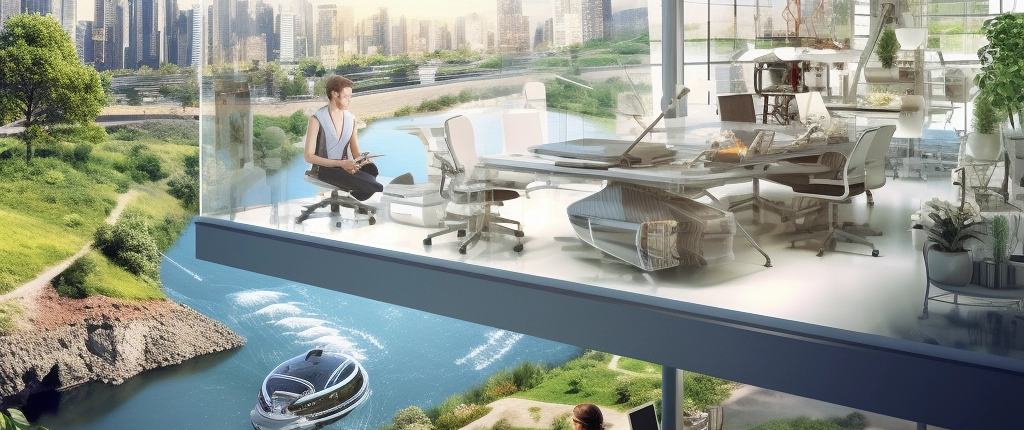With AI growing rapidly, humanity must rethink how we may evolve in three significant aspects:
1) The Future of Work
Food production consumed over 95% in the past centuries – today it’s less than 3%. Industrial goods production employed 70% of the industrial world; today, top industrialized nations employ less than 20%. Office workers account for almost 60% of the total today, and will go down to 20% over the following decades. Managerial employees are only 6% today and will grow to 50% in the most advanced nations. At that time, we will still have farmers producing food, workers maintaining machines, and a large group of employees managing agents and other intelligent solutions. In addition, new jobs will unfold with the support of AI, which is not on our radar today.
2) The future of education
The future of work is dictating the future of education. Since that future is approaching much faster than conventional education can change, it will require companies to educate people about what they can do best and how they can contribute to humanity’s overall progress. Livelong Learning builds a cornerstone of the future of learning. No matter how important it may be, pumping knowledge into one’s brain makes no sense. And rapid learning works best in the early decades of human life. That’s when mastering work is most precious and best to be adopted in a company. Yet, that learning may already become irrelevant some years later. While we still should have a foundational education, we need to learn how to train our brain ongoingly, unlearn irrelevant or even wrong items, and continuously learn new things. AI will play a central role in the individual learning process.
3) The future of society
Nobody can define the best possible way for everybody. There are only opinions, thoughts, and assumptions. Society’s future may return to a highly diversified society with many different cultures, skills, abilities, and talents. Forceful cultural unification just did not work out well and is still, after hundreds of years, the source of conflict and war. Highly specialized cities in China resemble ‘Silicon Valley’ in every industry segment, with competition and great success.
We at BlueCallom can do at least two things:
1) Create a work environment that stimulates creativity and pushes every boring and routine job to artificial intelligence.
2) Help employees learn constantly and fast. Ensure that what they learn is of personal interest to them—otherwise, it is just robotic learning, and for that, machines are better.


